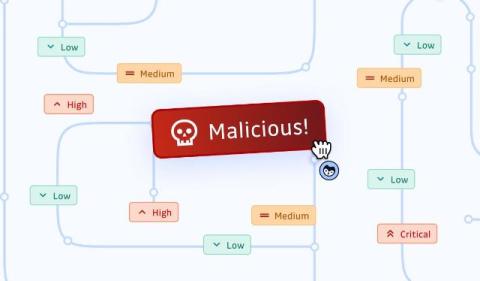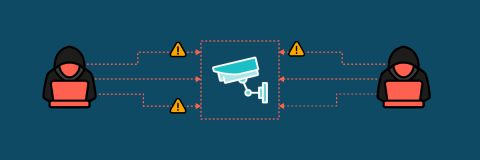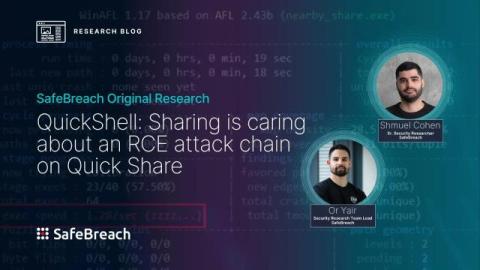This New Wi-Fi Attack Can Intercept Data Traffic
The growing complexity of networks and connected devices makes implementing effective cybersecurity an increasingly complicated task. While businesses have shown more awareness of the need to elevate their security posture in recent years, several fundamental cyber hygiene issues still need to be addressed.











